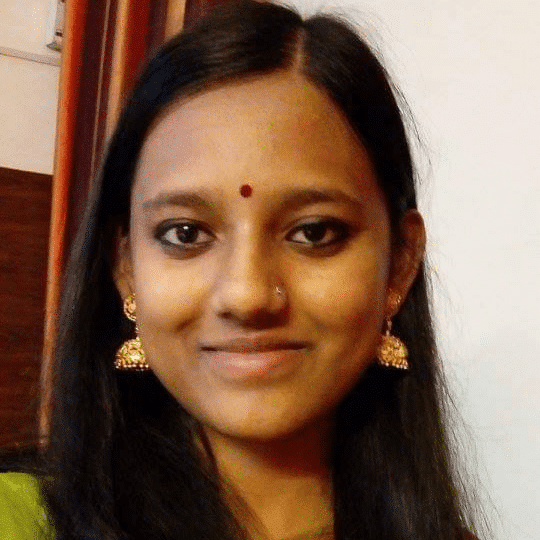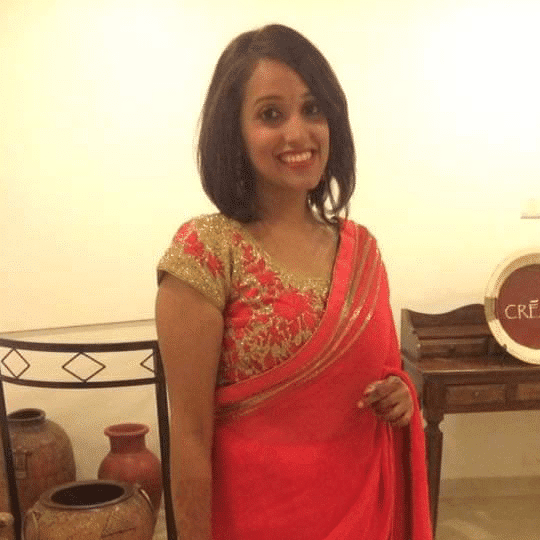If you value social norms, the existing unspoken rules automatically demand you to have kids (of course, only after marriage). If you are ready, well more power to you but most of us often fail to understand that it is a choice, not a necessity.
So, is having a child necessary, because everyone else is doing it or you feel that you owe the world everything?
Turn the pages of history, visit any country or take a look at the existing tradition or culture, it is strongly believed that women are not only supposed to have children, but they are also supposed to want them. This brilliant stupid idea was and is still served to us (women) as a beautiful dream (read someone else’s dream), that every woman is dying to be a part of!
In a candid conversation with Life Beyond Numbers, two millennial women share their thoughts on why having kids are not on their agenda, why loving children is beyond maternity and why self-love is the highest love.
A blogger from Kolkata, Puloma Dasgupta (28) says, “I love kids but I never seriously saw myself having one or felt the intrinsic need to experience maternity and hold the relationship of the mother for a child. I am very free-spirited. We choose the responsibilities we take up or want to focus on in life. This is not one of them. I prefer to have very few things to focus on in life (I am a minimalist) and only one strong guiding pursuit. The solitary, internal pursuit of the highest truth, highest good and the highest love is mine. In other words, dharma.”

Dasgupta believes in the power of unconditional love and says that the effort is beautiful for one who is truly called to do it, even if it is alongside many other activities including a job. She says, “I admire true mothers, especially those who take their motherhood seriously and not as a part-time obligatory activity. Anything you do should be done wholeheartedly else there is no point doing it. The effort and emotional investment in anything good you love doing transform you into loftier proportions.”
When asked about being judged by people for her choices, she concludes by saying, “Even though I am usually very sensitive to criticism, but I am not particularly worried about explaining myself about this choice. You see, most people get it right when they see me by the way I talk and behave. They can figure out that I am not the kind who want kids, and they appreciate me for my different way of thinking and living. Some even wish they could have done this too. So I am grateful in this regard.”
So, is it hard to believe women who are childless not by circumstance but by choice?
30-year old Kanika Sud from Mumbai, who is an assistant professor and teaches Sociology at KC college in the city, tells LBN that she identifies herself as an anti-natalist. In case you are about to google the term, what she believes is, there is no inherent positive value in having (biological) kids, more so in this messed-up environment, we inhabit.
“Look at the kind of world we live in- it is rife with oppressive systems like sexism and patriarchy, racism, casteism, ableism, shortage of jobs, and so on. I’m not keen to bear and rear anyone in such systems. Also, we as a country are at the brink of overpopulation. Bringing more kids to this planet is going to increase our carbon footprint and cause our resources to deplete,” says Kanika.
On asking if it scares her being responsible for someone else’s life who will need you for their existence, she says, “Yes, it overwhelms me and makes me think it’s unnecessary for me.”

Kanika believes that “this is a lifelong commitment, and a huge investment on all fronts- emotional, mental, physical, financial, which sounds taxing to me. I would rather use that time, energy and money in other pursuits, or maybe birth (if I have to lol) a project or an endeavor, instead of a full-blown human offspring.”
Is it FOMO (Fear of missing out) or fear of regret?
To this, Kanika says, “To be very honest, I’m still trying to figure out and learn how to navigate the murky waters of intersecting systems and structures we inhabit. I find it unfair to birth an offspring and rear one if I’m unsure of what I make of my existence on this planet. Therefore, I chose to exercise my right to not have children. Also, given that having children involves colossal investment, it is expected that I center their needs, amidst my routine and life. So yes, having kids is only going to restrict and tie me down. It may slow down my future plans (if any).”
Being a mother, having children, which was once considered a necessity for every woman, may not be true for millennials, certainly not today!
“I do not exhaust myself with tears, but it is frustrating to encounter nosey people who preach motherhood/parenthood to be the end of all and be all of everything,” she says. “Given that we live in a pro-natalist society, I understand where they are coming from. That’s how they are conditioned and socialized. All I want to say to them is that embracing parenthood is a choice, and there are some who chose not to be a parent. And that’s totally OK.”
Not wanting kids has nothing to do with not liking them.
“Personally too, I do not have the “maternal instincts”. This renders me uninterested to have biological kids. In case the instincts kick in (which I’m quite sure they won’t) I will adopt someone (already rescued a doggo, so maybe next one might be a cat, or I don’t know, some totally unconventional non-human baby if I’m feeling too adventurous,” says Kanika between laughs.
While some women are thinking about delaying their pregnancies, others are debating them all together. Few also regret having kids but they fail to talk about it because of guilt. Well, nothing good comes out of fear-driven decision making, it has to happen out of love.
Well, now that you know why some women don’t look forward to having babies, kindly restrict telling other women to change their mind or even worse “you will want them when you’re older or when you meet the right person” and accept their approach towards life, love, and happiness. Is it not better to be honest than live a lie your whole life?
While March 8 was chosen to commemorate International women’s day in 1914, what better way to celebrate it this year than with a new perspective of valuing their choices.

